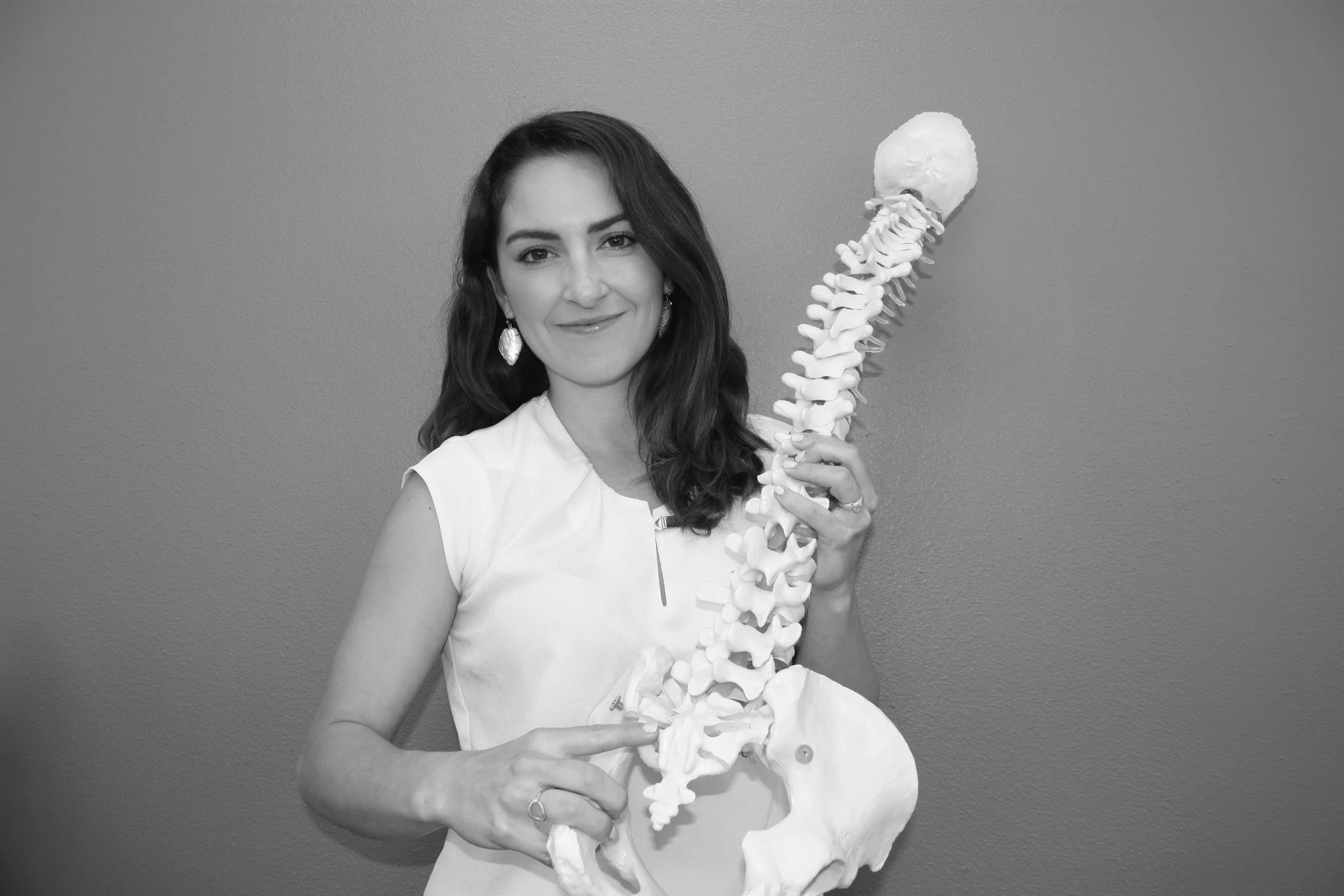Pelvic Floor Muscle Dysfunction is a term used to describe bladder or bowel dysfunction, pelvic pain and/or sexual problems related to restrictions or malfunctioning of the muscles and nerves of the pelvic floor.
Women and men of all ages may experience symptoms of Pelvic Floor Dysfunction. Urinary issues include leaking, urgency, frequency, hesitancy or retention; bowel issues include constipation, incontinence, and rectal pain; sexual issues include Dyspareunia (painful intercourse), vestibular pain in women and erectile dysfunction or perineal pain in men. Even persistent hip pain can have an underlying condition related to the pelvic floor muscles.
Pelvic Floor Muscle dysfunction is an embarrassing subject for patients to discuss with physicians, family members, and friends. The best outcomes are often achieved when patients are fully informed and invested partners in the healing process.
I listen closely to your concerns as we work together to plan treatment strategies which are individualized for each patient after a thorough evaluation. Treatment is provided to external hip musculature and internal pelvic floor musculature. Treatment strategies may include but are not limited to retraining and strengthening of uncoordinated muscles, education on breathing patterns and proper muscle relaxation, postural training, stretching programs, yoga programs, manual therapy to restore muscle length and function, and functional dry needling. Patient education is a huge part of pelvic floor rehabilitation and my goal is for you to learn ways to help your body heal.
I am happy to answer any specific questions about how pelvic floor physical therapy can help you start on your journey to recovery and getting back to the life you love.

